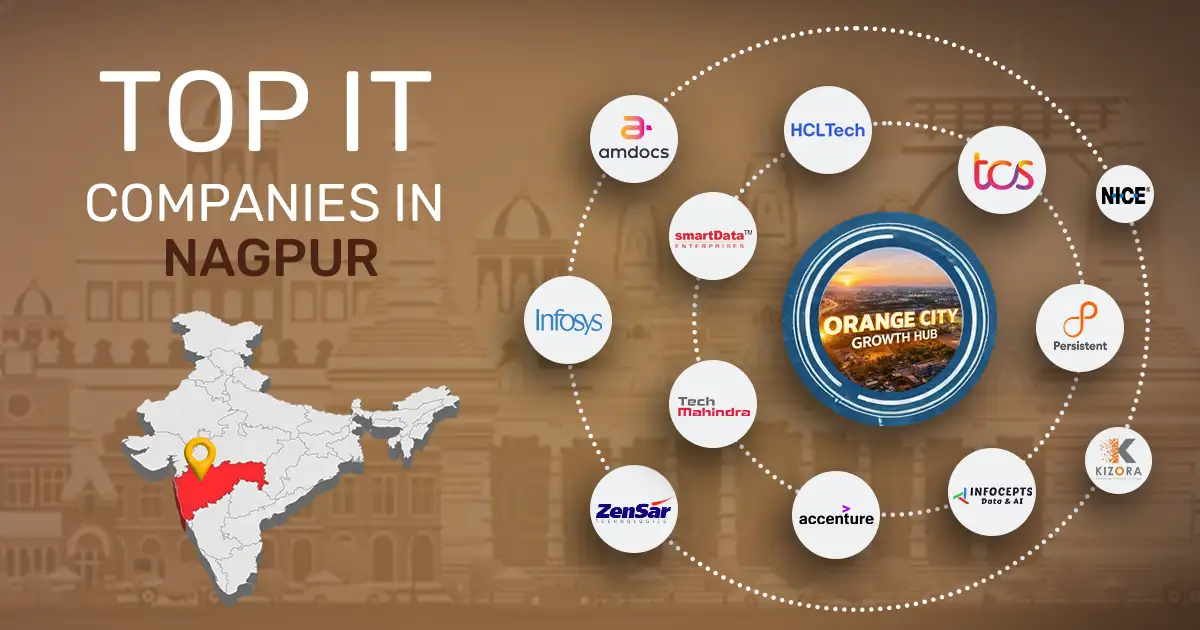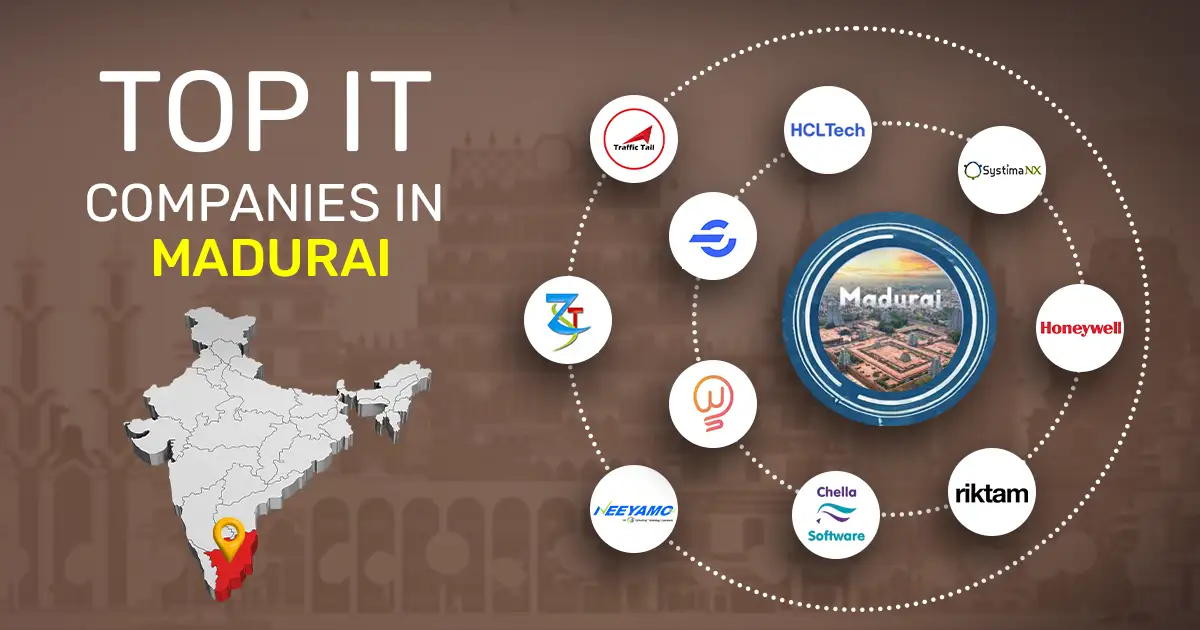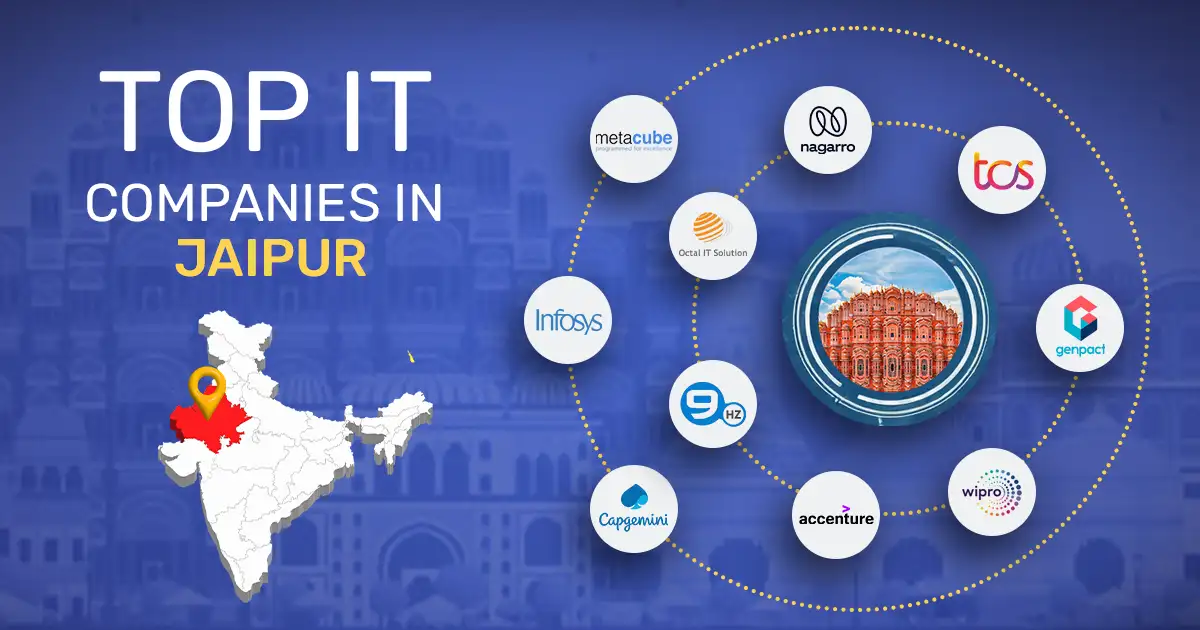
Economically Weaker Section (EWS) Certificate: Eligibility and Online Application Guide
Introduction
India’s reservation system has played a crucial role in creating equal opportunities for underprivileged communities. While SC/ST/OBC categories have long benefited from this system, the Economically Weaker Section (EWS) certificate was introduced to assist financially weaker individuals in the general category.
This certificate, backed by the Constitution (103rd Amendment) Act of 2019, ensures 10% reservation in educational institutions, government jobs, and various welfare schemes. It focuses purely on economic conditions, leaving behind caste-based discrimination.
This detailed guide will walk you through everything you need to know about the EWS certificate and eligibility requirements. It will also shed light on how to apply for an economically weaker section certificate online. By following this guide, you can seamlessly obtain your EWS certificate and unlock new opportunities.
Also Read: Public Interest Litigation Guide
What is an EWS Certificate?
The EWS certificate, also known as the income and asset certificate, is an official document issued to individuals from the general category who meet specific economic conditions. It serves as proof that the applicant belongs to the economically weaker section of society.
Key Highlights
- Eligibility Basis: Primarily based on income and asset ownership.
- Reservation Benefits: Provides a 10% reservation for education, government jobs, and other welfare schemes.
- Non-Caste Based: Exclusively for individuals in the general category, focusing on economic criteria.
Example
Consider a family of four with an annual income of ₹6.5 lakhs and a small residential flat of 800 sq. ft. They fall under the general category and qualify for the EWS certificate, enabling them to access the 10% reservation quota.
Importance and Benefits of an EWS Certificate
The EWS certificate is a transformative step toward empowering financially weaker individuals in the general category. It ensures equitable distribution of resources and opportunities without caste considerations.
Benefits of an EWS Certificate
- Educational Advantages:
- Reserved seats in colleges, universities, and professional courses.
- Opportunities for scholarships and financial aid.
- Job Opportunities:
- Access to the 10% reservation in central and state government jobs.
- Increased chances of securing positions in competitive exams like UPSC, SSC, and Railways.
- Welfare Schemes:
- Eligibility for government subsidies and housing schemes.
- Preference for state-run initiatives like skill development programs.
Eligibility Criteria for Obtaining an EWS Certificate
To qualify for an EWS certificate, the applicant must meet the following conditions:
1. Income Threshold
- The family’s annual income must be less than ₹8 lakhs.
- Income includes earnings from salary, agriculture, business, and other sources.
2. Property Ownership Limitations
- Agricultural land: Less than 5 acres (may vary).
- Residential flat: Less than 1000 sq. ft.
- Residential plot in notified municipalities: Less than 100 sq. yards.
- Residential plot in non-notified areas: Less than 200 sq. yards.
3. Residential Requirement
- The applicant must be a permanent resident of India.
Example
A family residing in a notified urban area with an income of ₹7 lakhs, a flat measuring 900 sq. ft., and no agricultural land qualifies for the EWS certificate.
Documents Required for EWS Certificate Application
Mandatory Documents required to apply for the EWS certificate, you’ll need the following:
- Identity Proof: Aadhaar Card, Voter ID, or Passport.
- Address Proof: Domicile certificate, utility bills, or ration card.
- Income Proof:
- Salary slips.
- IT returns.
- Certificate issued by a competent authority.
- Property Details:
- Land ownership papers.
- Flat ownership details.
- Passport-sized Photographs: Recent color photographs.
Tips
- Ensure all documents are recent and self-attested.
- Verify the issuing authority for income and property certificates in your state.
Step-by-Step Guide to Apply for an EWS Certificate Online
Detailed Process to apply for an EWS Certificate Online are:
Step 1: Visit the Official Portal
- Go to your state’s e-district or citizen service portal. For example, in Maharashtra, use the Mahaswayam portal.
Step 2: Create an Account
- Register using your mobile number and email ID.
- Set up a secure password for your account.
Step 3: Fill Out the Application Form
- Provide personal details like name, address, and family income.
- Include information about property ownership.
Step 4: Upload Supporting Documents
- Scan and upload the required documents in the specified format.
Step 5: Pay the Application Fee
- If applicable, pay the nominal fee through online payment options like UPI, debit card, or net banking.
Step 6: Submit and Save Acknowledgment
- Review your application thoroughly before submitting it.
- Save the acknowledgment receipt for tracking your application.
How to Check the Status of Your EWS Certificate Application
Steps to Track the Application are:
- Visit the official portal for EWS where you submitted your application.
- Log in using your credentials.
- Enter your application number or reference ID.
- View the current status of your application (e.g., under review, approved, or rejected).
Validity and Renewal of the EWS Certificate
Certificate Validity
- The EWS certificate is typically valid for one year from the date of issuance.
Renewal Process
- Collect updated income and asset proofs.
- Apply for renewal through the same online portal.
- Attach the old certificate for reference.
Common Mistakes to Avoid During the Application Process
Top Errors to Avoid during the application process:
- Providing Incorrect Information: Always cross-check income and property details.
- Submitting Incomplete Documents: Ensure all required documents are submitted.
- Missing Application Deadlines: Apply well in advance to avoid delays.
Conclusion
The Economically Weaker Section (EWS) certificate plays a pivotal role in uplifting financially weaker individuals by providing them access to opportunities in education, employment, and welfare schemes. By meeting the eligibility criteria and following the online application process, you can benefit significantly from this reservation quota.
For a seamless and hassle-free application process, choose RegisterKaro, your trusted partner for government services.




